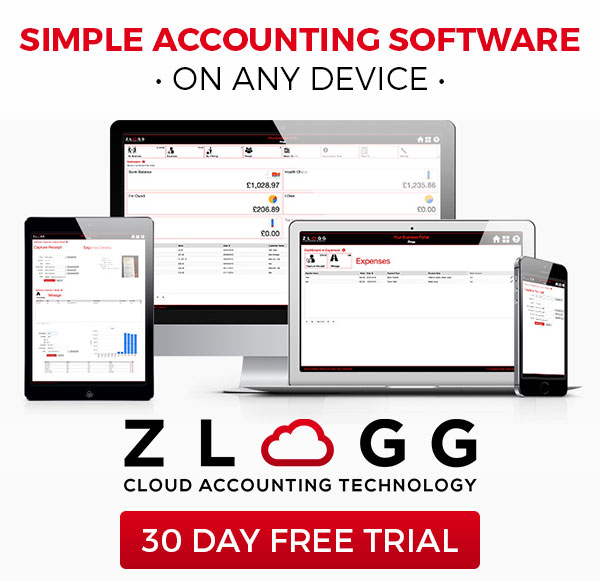The Difference Between Accounting and Bookkeeping
Over the years I’ve noticed a trend that many people get confused between what ‘Accounting’ is and what ‘Bookkeeping’ is. So today I thought I’d explain nice and simply the differences between the two to help those of you out there who aren’t sure.
So firstly, I’m going to do something I don’t usually do – I’m going to open the blog with a quick conclusion so you have a basic idea of the differences before we get started. In simple it works like this: Bookkeeping is the initial step in which you record and log all of your receipts and transactions etc – it’s the ‘admin’ part if you will! Accounting is then the next step, here is where you will analyze all the data you have inputted during your bookkeeping phase and start to formulate your profit/loss accounts, your balance sheet and your tax return.
So that’s it in a nutshell, now let’s take a more detailed look into each type separately.
Bookkeeping
Here you will be logging and recording all of your financial transactions in chronological order on a regular basis – preferably daily! This is in regards to keeping a copy of receipts for all business transactions and logging all your income and expenditure via a method of your choice, whether it’s on a simple Excel sheet or via an easy system like Zlogg Software. It’s also good practice to classify each expenditure into the relevant tax categories as outlined by the HMRC to make your tax return much simpler.
Please see our other blog here for a list of all the difference expense categories – https://zlogg.co.uk/tax-return-expense-categories-explained/
Accounting
Now that you’ve logged all of your income, expenses, receipts and transactions you can move onto the accounting. Without the ongoing bookkeeping, accounting cannot take place. Accountancy cannot happen without the prior bookkeeping records.
Now the accounting phase is more advanced and is where the analysis and breakdown of all your accounts will take place. If we were looking at this in terms of job roles – a standard Bookkeeper will have a general knowledge of accounts but wont need to have extensive knowledge of accounting in order to be a Bookkeeper. An Accountant on the other hand will need to be of a Bachelor’s Degree level or higher in order to even be an Accountant and therefore it makes sense that the accounting side is more advanced.
There are of course many areas accountancy covers, however the key areas accounting focuses on are:
- Profit and Loss Account
- Balance Sheet
- Tax Return
Profit and Loss Account
This is the core of all your business accounts, it will list all your income and outgoings and through the method of accountancy you will calculate how much profit or loss is made by calculating your total income minus expenditure. The important thing here is that your tax owed is worked out by how much profit you make and so this is a very important asset in order to be clear with the HMRC in regards to how much your business is making.
Balance Sheet
This then accounts for every other facet outside of your income/expenditure of your business including Assets, Liabilities and Capital. Your profit and loss account will calculate your general day-to-day income and expenditure but your balance sheet will then list all other aspects of your company, so between the two you know exactly how much the company is making, how many assets it owns and if there are any debts owed.
Tax Return
Finally every year you will need to complete your tax return and it is here that all of your bookkeeping and accountancy skills pay off since you will fill in the boxes as per your analysis from you profit and loss account and your balance sheet. These can be very confusing documents to complete and is why accounting is such a skilled profession.
So that’s a brief overview of the differences between Accountancy and Bookkeeping. To conclude, bookkeeping is the administration side and where you will log all transactions and receipts of your day-to-day business. Accounting is then step 2 and is a much more skilled area where you will analyze and input all of your data from the bookkeeping phase into a profit and loss account, balance sheet and tax return.














Share On